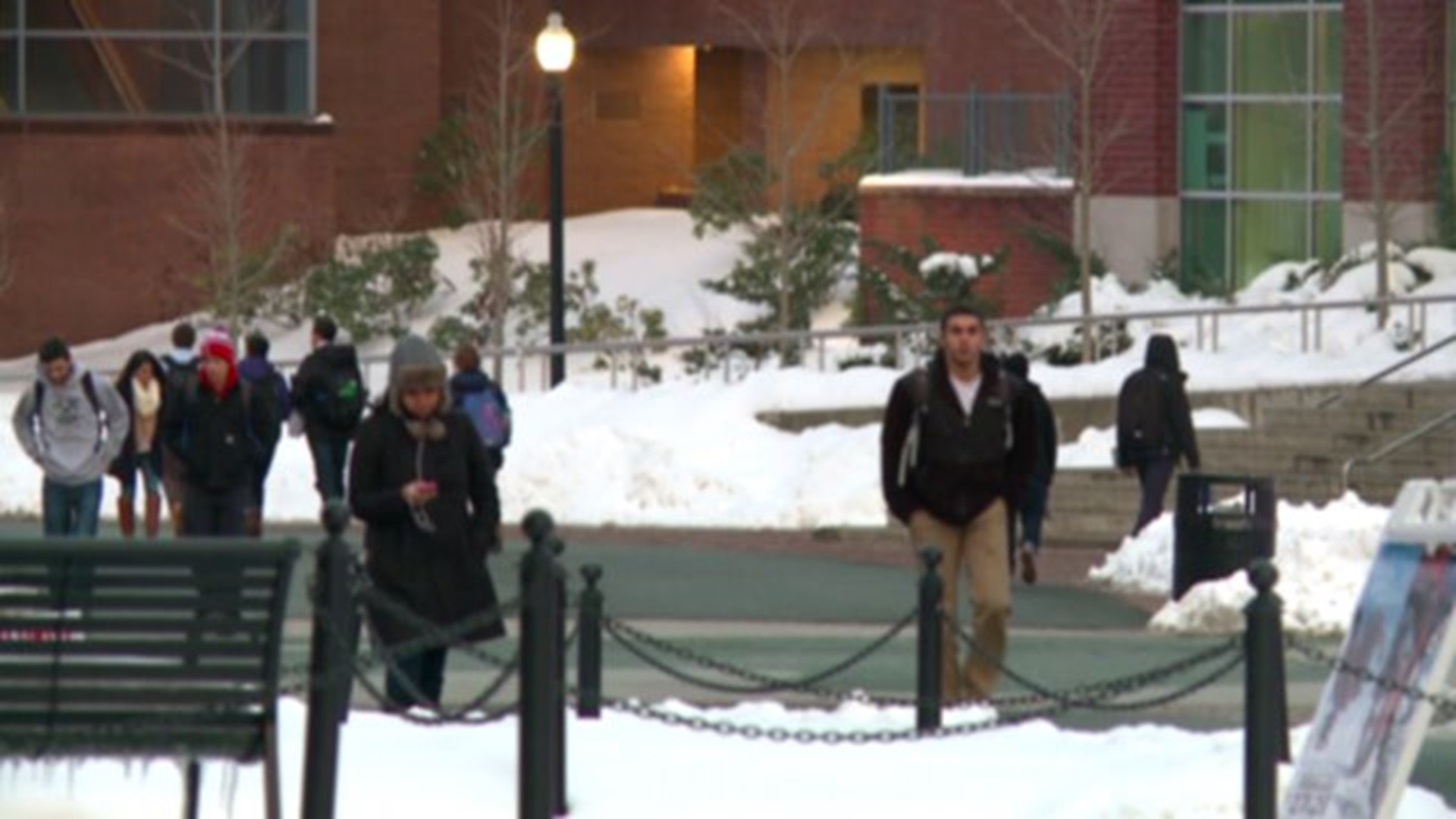“When young men and women understand what the rules are clearly, it makes victims of sexual assault more likely to step forward and it means folks who might be entering into a danger zone/red zone might feel more reluctant to proceed,” said Haddad.
Haddad says the proposed legislation also makes it clear that consent isn't valid if it is from intimidation, physical force, or being under the influence of drugs or alcohol.
Wesleyan University's Vice President of Equity and Inclusion and Title IX Officer, Antonio Farias, said they are ahead of the game by making a small change in anticipation of a bill like this becoming law.
“The actual word ‘affirmative’ was not used but everything else an affirmative consent policy had in place was already there,” Farias said.
Both Farias and Haddad feel this legislation would make it easier for universities to get to the bottom of these conflicts.
“The burden is on the person initiating sexual activity,” Farias said.
The other part of affirmative consent Faria makes clear is this: even if you're with the same partner multiple times, you still need consent.
“I am saying ‘yes’ and half way through our experience, I can withdraw that consent,” he said.
State Senator Joe Markley is not a big fan of the bill. He was the only senator to vote against it last year.
“In a world in which we say we want to get government out of the bedroom, it seems we're putting government there,” Markley said.
Markley also said he doesn't understand why the law would only apply to colleges.
“In other words, you could be a person of the same age living in the same town and you wouldn't be subject to the law. The law shouldn't work like that,” said Markley.
This bill never made it to the House floor last year. Haddad and State Senator Mae Flexer, both sponsors of the bill, hope to have a public hearing on it soon. Both are confident the bill was pass this year.

